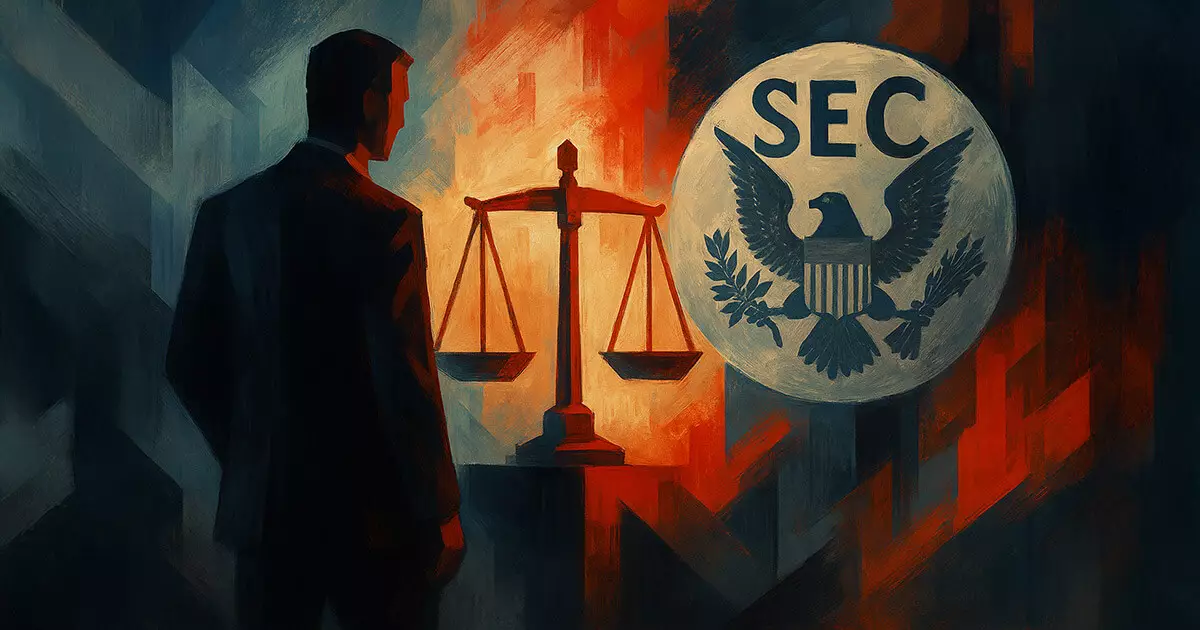In the intricate web of financial deception, few schemes are as insidiously damaging as a Ponzi operation masquerading as a legitimate investment opportunity. First Liberty Building & Loan, LLC, a once-promising Georgia-based lender, exemplifies how the allure of high yields and institutional backing can seduce even the most discerning investors. Promising returns of up to 18%, the firm attracted hundreds with assurances of short-term bridge loans to reputable businesses, often backed by government agencies like the Small Business Administration. These promises created the illusion of stability and opportunity—an attractive façade designed to mask underlying fraud. Yet, beneath this veneer, a pattern of misrepresentations and misappropriation began to unravel, exposing the veneer as mere smoke and mirrors.
The promise of consistent high returns often lures retail investors into a false sense of security, especially when tied to seemingly credible loan structures. But greed and optimism can sometimes cloud judgment. The case of First Liberty underscores a dangerous truth: high yields, especially those significantly above average market returns, are a red flag. Promoters who leverage these promises exploit investor trust, particularly within niche communities or political circles, propagating a false narrative of economic opportunity that ultimately collapses under the weight of its deception.
The Personal Toll and the Political Persona of Frost
Edwin Brant Frost IV, the principal figure behind First Liberty, presents a compelling case of how personal ambitions intertwine with corporate malfeasance. Recognized within Georgia’s conservative GOP circles, Frost’s political donations and local influence provided an added layer of legitimacy to his operations, blurring lines between political standing and business ethics. His political involvement appears to have bolstered investor confidence, making it easier for him to attract funds under the guise of stability and local leadership. However, this same influence helped conceal the underlying collapse of integrity within the firm.
The personal misuse of investor funds paints a troubling picture. Allegations suggest Frost used investor money to fund personal luxuries – over $2.4 million in credit card payments, extravagant vacations, and even expensive collectibles. His political donations, totaling more than half a million dollars, further complicated the narrative, implying a blending of personal, political, and corporate interests that skewed priorities and masked the fraudulent activity. This highlights a broader issue: when financial schemes are tied to personal ambition or political power, oversight often becomes lax, and accountability diminished.
The fallout extends beyond financial losses. Many investors, convinced by the overarching narrative of patriotism and community support, are left disillusioned and financially devastated. The abrupt shutdown in June and the indefinite suspension of all operations leave a trail of broken trust, especially among risk-averse retail investors who believed they were participating in legitimate growth opportunities.
The Systemic Failure and Regulatory Response
This case also underscores significant vulnerabilities in our regulatory landscape. The SEC’s intervention, seeking an emergency freeze on assets and civil penalties, reveals a system that struggles to keep pace with innovative or sophisticated financial frauds. Ponzi schemas like the one orchestrated by Frost reveal a systemic failure: even as warning signs—such as unrealistic returns and rapid cash flow—should trigger vigilance, they are often ignored or overlooked by investors seeking quick profits.
Moreover, the reliance on investor optimism and political links creates fertile ground for such schemes to flourish before regulators step in. The SEC’s focus on retail investor protection and targeting affinity frauds indicates a recognition that these schemes often manipulate vulnerable communities, whether religious, political, or cultural. While enforcement actions are needed, true prevention requires fostering a culture of skepticism towards overly ambitious promises and improving financial literacy—especially among less sophisticated investors.
The collapse of First Liberty is a bitter lesson in vigilance and skepticism. As regulators tighten their focus, it is critical for investors to understand that no investment—regardless of its seeming legitimacy—comes without risk. High returns are rarely free, and schemes promising the impossible are usually hiding far more sinister realities beneath their glossy surfaces. Trust must be earned, not bought with promises of extraordinary gains. Frost’s downfall underscores that, ultimately, unchecked ambition and moral lapses in financial conduct threaten not just individual portfolios but the fabric of community trust and economic stability.


Leave a Reply